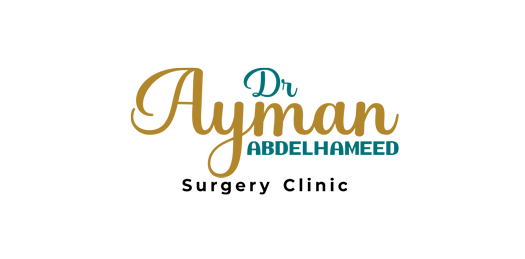Treatment for tongue cancer

Treating tongue cancer
The main treatments for tongue cancer are surgery, radiotherapy and chemotherapy, either combined or on their own.
Your treatment depends on how big the cancer is and whether it has spread (the stage).
It also depends on which part of the tongue is affected.
Your treatment depends on how big the cancer is and whether it has spread (the stage).
It also depends on which part of the tongue is affected.
